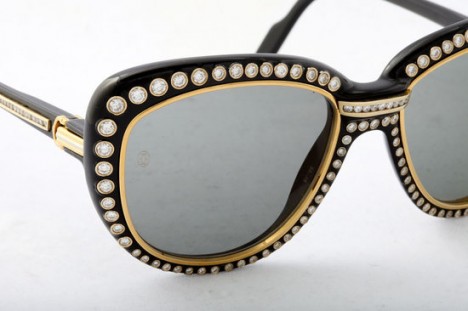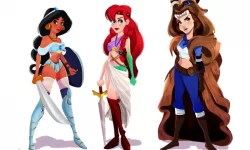The Power of Fashion/Shaping Identity, Culture, and Self-Expression
Fashion is more than just clothing and trends; it possesses a unique power to influence and shape various aspects of our lives. From personal identity to cultural representation, fashion holds the ability to empower individuals, evoke emotions, and reflect societal values. In this article, we explore the power of fashion and its profound impact on individuals, communities, and the world at large.
- Self-Expression and Identity: Fashion serves as a powerful tool for self-expression, allowing individuals to showcase their personality, beliefs, and values. Through clothing choices, accessories, and personal style, people can communicate their identity to the world. Fashion empowers individuals to present themselves authentically, fostering confidence and a sense of belonging.
- Cultural Representation: Fashion plays a crucial role in representing and celebrating diverse cultures. Traditional garments, textiles, and design elements are a testament to cultural heritage, reflecting unique histories, customs, and aesthetics. Fashion can promote inclusivity by embracing diverse cultural influences, breaking down stereotypes, and showcasing the richness of global traditions.
- Social and Political Statements: Throughout history, fashion has been a medium for social and political statements. From the suffragette movement’s use of colors and symbols to the Black Panther Party’s iconic fashion choices, clothing has been a means of expressing activism and advocating for change. Fashion continues to be a platform for raising awareness about issues like sustainability, gender equality, and social justice.
- Economic Influence: The fashion industry wields significant economic power, driving employment, trade, and economic growth worldwide. From designers and manufacturers to retail and marketing, fashion provides livelihoods for millions of people globally. Fashion weeks, events, and shopping contribute to local economies and tourism, making fashion a formidable economic force.
- Trendsetting and Influence: Fashion sets trends and shapes popular culture. Designers, fashion houses, influencers, and celebrities have the ability to influence consumer behavior and dictate trends through their choices and endorsements. Fashion magazines, social media, and advertising further amplify these trends, creating a ripple effect that permeates society.
- Environmental Impact: Fashion’s power extends to environmental impact, with the industry being one of the largest contributors to pollution, resource depletion, and waste. However, there is a growing recognition of the need for sustainable practices and ethical fashion. Fashion has the power to drive positive change by embracing eco-friendly materials, ethical production methods, and circular economy principles.
- Emotional Connection: Fashion has an undeniable emotional impact on individuals. The clothes we wear can evoke joy, confidence, or a sense of nostalgia. They can transform our mood, allowing us to express different facets of ourselves. Fashion has the power to uplift, inspire, and create an emotional connection between individuals and the garments they wear.







